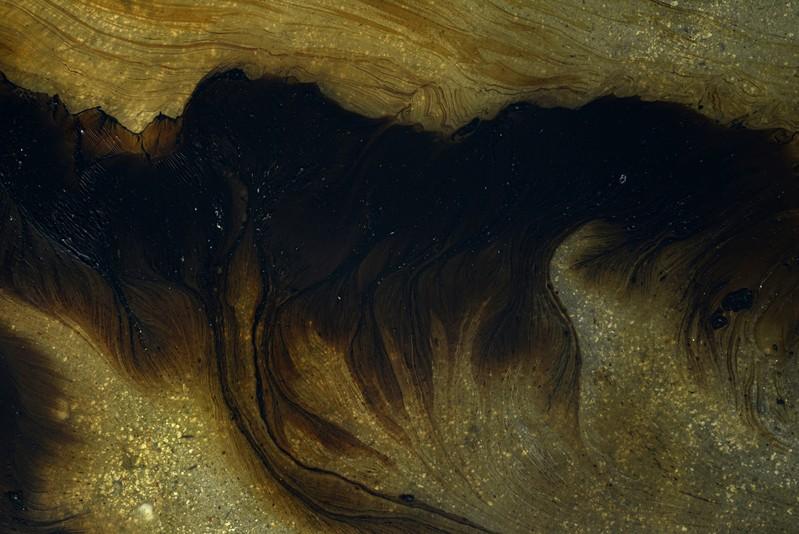The mysterious oil spill that has severely polluted nearly 2,000 kilometres of the north-east Brazilian coast reached Carneiros beach on Friday.
Carneiros is a beautiful fine sandy beach lined with coconut trees, and is considered one of the country’s most idyllic beaches.
Its turquoise water and lush vegetation led to it being labelled second most beautiful beach in the world by Tripadvisor users in 2014.
Striking images broadcast by the TV Globo channel show dozens of volunteers working to clean up the oil slicks by hand. The oil covers almost the entirety of the beach.

Carneiros beach is one of the biggest tourist attractions in the southern Brazilian state of Pernambuco. It is regularly cited as one of Brazil’s most beautiful beaches.
Local authorities are worried the oil might reach the city of Porto de Galinhas, one of the most popular in Brazil.
Beaches aside, specialists are worried about the coral reefs and mangrove becoming polluted, as they are much more difficult to clean up than beaches.
The government for the state of Alagoas, which is one of the poorest in Brazil, announced a prisoner rehabilitation service had already sent around 40 former convicts to help clean up Japaratinga beach on Thursday.
The public environmental agency Ibama said the oil has already hit 187 places in nine states in North-East Brazil.
Prosecutors in these nine states issued a decree on Friday, which stated that the federal government must launch a national action plan to deal with “the worst environmental disaster on Brazil’s coastline.”
The cause of the oil spill has not yet been determined, although tests performed on samples of the oil found it originated from Venezuela.
Investigators are exploring all possibilities, one of which is that it the spill might have come from a “phantom oil tanker” that was transporting oil illegally because of the American embargo on Venezuela.
The G1 news website reported on a preliminary study by the Rio de Janeiro federal university on Friday, which concluded the spill could have started 700km offshore.
The Brussels Times

